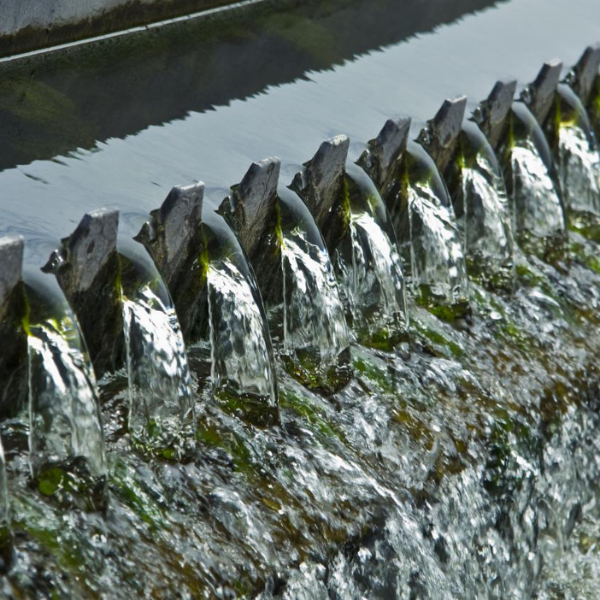Remove Antibiotics and Pharmaceutical Residues from Water

Remove Antibiotics and Pharmaceutical Residues from Water
Witteveen+Bos joins Dutch Consortium to Remove Antibiotics and Pharmaceutical Residues from Water
Witteveen+Bos joined the Dutch Consortium to Remove Antibiotics and Pharmaceutical Residues from Water in mid-December 2021. This initiative of a ‘coalition of the doing’ is in line with ambitions stated in the government programme ‘Reducing pharmaceutical residues in water: a chain approach’, which the United Nations (UN) nominated for the Future Policy Award. The consortium is focusing specifically on reducing the spread of antimicrobial resistance (AMR) via waste and surface water within and outside the Netherlands.
The consortium currently comprises nineteen public and private organisations from the water sector, healthcare and the pharmaceutical industry, with Witteveen+Bos being the first engineering firm to join. The consortium combines knowledge of and experience with technological AMR solutions. The consortium is also researching new solutions for a wide range of local and central applications.
Antibiotic resistance
The World Health Organization has declared antibiotic resistance to be one of the top five risks to global health and food hygiene. As millions of people and animals are cured by antibiotics each year, antibiotic resistance will cost many lives. The UN estimates that 700,000 deaths are already caused annually by antibiotic-resistant diseases, an indication of the size of the problem. This could increase to 10 million per year by 2050 if no action is undertaken. As antibiotics are not only used to treat infections but are also used preventively during major operations and chemotherapy, antibiotic resistance is putting pressure on the success of modern medicine. It’s time to focus on and take action to address this rising problem.
Witteveen+Bos commitment
Various projects have already been implemented within Witteveen+Bos to counter the spread of pharmaceutical residues and antibiotics via waster water treatment, including via PACAS and the O3-STEP® filter. A focus on antibiotic resistance was added to this last year. Various research studies were established to investigate how to handle this challenge within the water chain. Two interns within Witteveen+Bos have now conducted research into antibiotic resistance in the waste and drinking water sectors. First, a graduating student who is studying waste water examined the impact on antibiotic resistance of downstream filters that aim to remove micro-contaminants from the water. A scientific publication will be published soon. A second intern has also conducted research on antibiotic resistance in the drinking water chain. By joining this consortium, we expect to take even more action in the coming period to combat antibiotic resistance in the water chain.
More information?

